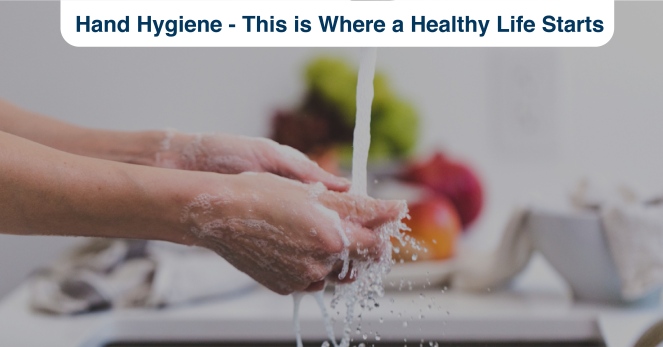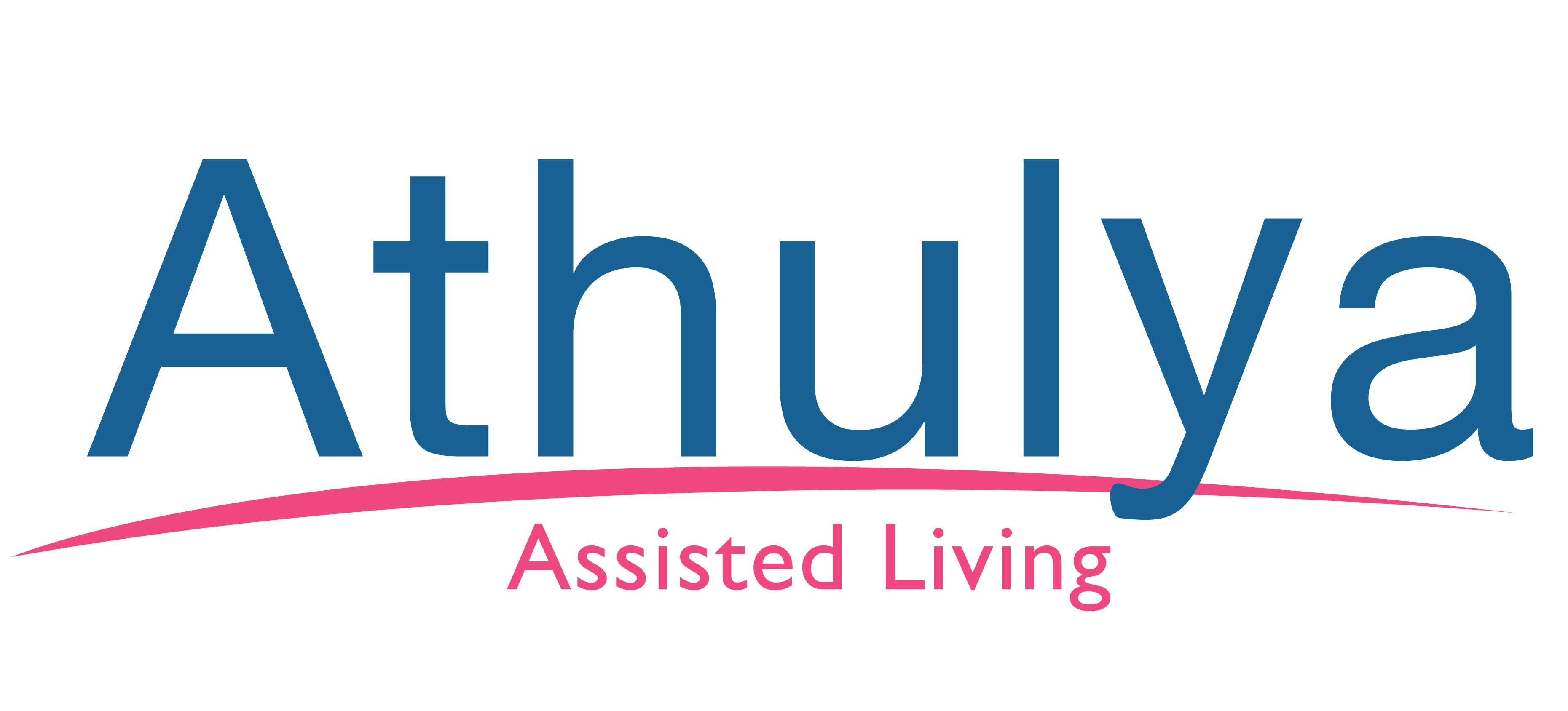 May 5 is WHO’s Hand Hygiene Day. At this juncture, it is important to review the importance of hand hygiene, especially in assisted living facilities. This is because the elderly are specifically prone to infections due to declining strength and poor immunity and hence require extra care in hand hygiene.
May 5 is WHO’s Hand Hygiene Day. At this juncture, it is important to review the importance of hand hygiene, especially in assisted living facilities. This is because the elderly are specifically prone to infections due to declining strength and poor immunity and hence require extra care in hand hygiene.
Statistics reveal that 80% of all communicable diseases are caused by touch. Hence caregivers and medical personnel at senior living homes must be doubly cautious to adopt hand hygiene measures while handling the aged. The elderly should also practice hand washing procedures to avoid infections.
Hand Hygiene at Senior Living Homes
Senior Living Homes should take special care in implementing hand hygiene among its care-taking staff as well as residents by outlining these methods.
Healthcare Providers
- Cleaning their hands as many as 100 times a day per 12-hour shift, depending on the number of elderly patients and the intensity of their infections.
- Using an alcohol-based sanitizer to clean germs totally. Alcohol-based sanitizer is 100% safer than soap and water as it does not create antibiotic-resistant bacteria or dry up easily.
- For patients with severe infections like Clostridium difficile (C.difficile) infections which are not affected by alcohol-sanitizer, it is best to wear sterilized gloves while handling them and wash hands with soap and water.
- Nurses and healthcare staff must clean their hands with an alcohol-sanitizer before putting on the gloves. They must clean their hands and use disposable gloves while dressing, bandaging or taking BP and blood counts etc.
- Cleaning hands before giving injections or inserting IV drips or catheters is a must.
Housekeeping & cooking staff
- Housekeeping staff should clean all surfaces used by and for the elderly like floors, furniture, countertops, kitchen and bathrooms with anti-bacterial cleaners.
- They should always use gloves while performing their duties and clean their hands frequently with soap and water.
- Clean hands before and during the preparation of food.
- Clean hands and sterilize all bed linen, clothes and healthcare accessories used by elderly is a must.
- Clean hands after throwing out the garbage.
Hand Hygiene Procedure for Resident Elders at Assisted Living facilities- when to clean hands?
- Before and after eating food using soap and water
- Before and after touching eyes, ears or nose
- After coughing, sneezing or blowing your nose
- After using the toilet.
- After touching windows, bedside rails, remote controls, phones and doorknobs as these are in contact with many people.
- Before and after touching any wounded parts or health accessories like urine bag or catheter.
My 5 moments of Hand Hygiene
The “My 5 moments of Hand Hygiene” Approach initiated by the WHO must be strictly followed by elders and all healthcare personnel at the assisted living facilities.
- Before entering a senior apartment and after leaving
- Before and after using gloves
- Before and after touching any equipment
- Before and after performing actions involving invasive methods or body fluids.
- Before and after transporting elders from one area to another.
Hand-washing procedure for elders
- Wet hands with warm or cold water.
- Lather your front and back of the hands and nails with an anti-bacterial soap.
- Scrub for minimum 20 seconds.
- Rinse with fingers pointing outwards to the final end to wash off soap thoroughly.
- Dry completely with an air drier, paper towel or clean hand towel.
Facilities at Assisted Living should also include Hand hygiene monitoring on a regular basis. Any care-conscious Assisted Living facility will know the importance of hand hygiene and will surely implement them.
